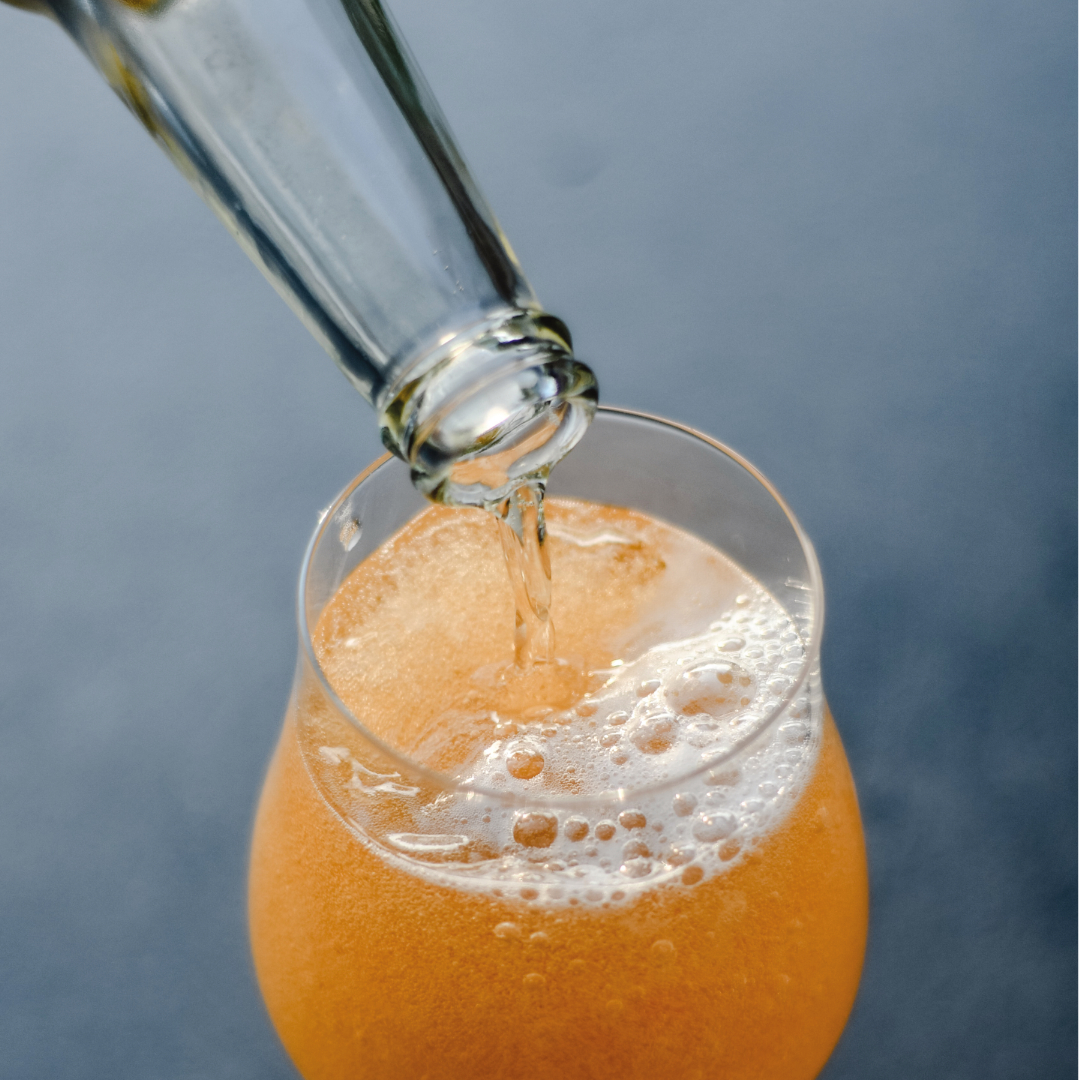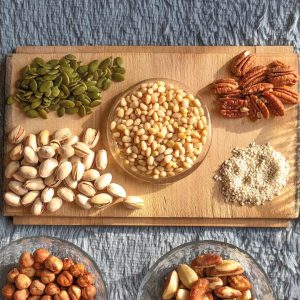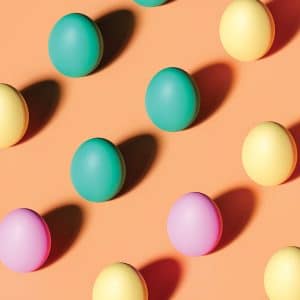Your breakdown on the best booze in the biz and how to use it effectively in baking
Most people enjoy some form of dessert. Whether you’re a chocolate-, meringue-, bread-, cake-, or even a cheeseboard person, experimenting with alcohol flavours can take your desserts to a completely different level. Other than flavour, alcohol can change the texture of your dessert, too.
Depending on what flavour and strength you’re going for, you can add alcohol to your dessert before baking, thus resulting in a more subtle, complex hinted flavour (for example: to your cake batter) or after baking, thus resulting in a punchy, heated flavour (such as adding it to your icing). Specific types of alcohol pair better with certain desserts, so let us guide you through the basics.
How much booze to go for?
When you’re looking to only add flavour, it’s a good idea to add alcohol in the same quantity that you would add something like vanilla extract to your bakes. A little goes a long way, and both alcohol and vanilla are super strong so they work well when used carefully. Start small, taste, then add more if you’re looking for a stronger flavour. Adding too much alcohol to a dessert, even if you enjoy the taste, can ultimately ruin your final result.
If you’re looking for a proper alcohol kick, try adding your choice of liquor to your bake after cooking. If you want to add it to a cake, make a sugar syrup over the stove and add in the alcohol at the end – use this to brush over your cake to keep it moist. You can also add a few teaspoons of it to your frosting or ganache before icing your cake. Some desserts, such as tiramisu, call for the biscuits to be soaked in a coffee, marsala wine and rum syrup, and since tiramisu is not cooked, the alcohol is quite strong.
What about the other factors?
If you’re looking for moisture or flakiness, alcohol has got you covered. Adding some vodka to your pastry for a pie or tart will make it flakier when baked, and adding wine to your cake will help keep it moist. In addition
to moisture, alcohol will change the structure of something like a cake. Depending on the type of alcohol used, the cake will become denser such as when using Sherry.
Flavour combinations
When pairing alcohol with desserts, it’s important to look at the overall theme of what you are baking: Is it light and creamy, tangy and fruity or deep and chocolatey? Different alcohols will magnify these flavours better than others:
Chocolate: When baking with dark chocolate, look at adding Merlot, Port or Cabernet. White chocolate works well with Champagne, MCC or Prosecco. Bourbon and whiskey also pair well with chocolate and caramel. If you’re baking something with rich fruits such as plums or berries, try to use Moscato or Sherry. Lighter fruits such as apples and pears work well with white wine such as Chenin Blanc.
Creamy liqueurs such as Baileys, Amarula and Magnum cream liqueur complement ice cream, cheesecake, and biscuits. When adding alcohol to meringue desserts, pairing the meringue with a fruity component will work best. For example, vodka strawberry compote or rum added to a lemon meringue pie.
When experimenting with adding alcohol to your dessert, it’s important to use alcohol that you actually enjoy drinking. Think of your favourite wine or liqueur, or perhaps something you already have on hand that you would be happy to use in a recipe. If you’re feeling flush and experimental, go out and purchase something new, but you’re ultimately going to eat this dessert yourself or present it to friends.
It’s important to believe in the ingredients that you’re using. Remember to have fun with it, ask friends and family for their opinion and see for yourself how alcohol can transform your baking.
Words by Sjaan Van der Ploeg
Photography: Pexels




